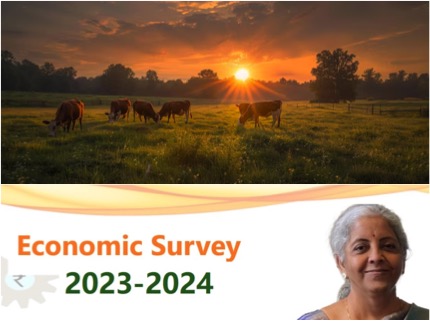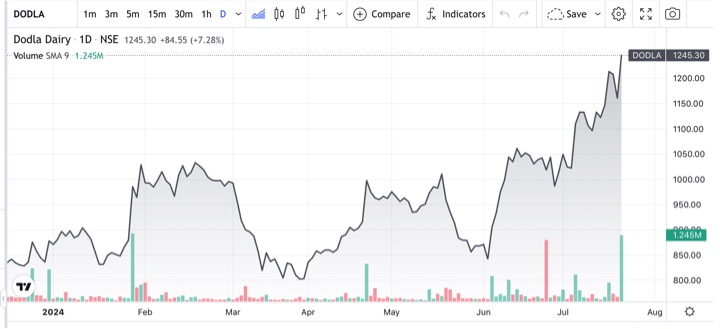Union Minister for Fisheries, Animal Husbandry and Dairying Parshottam Rupala on Friday made it clear that the country will not import dairy products like butter and the supplies will be improved with the help of huge untapped domestic sector. Rupala’s statement comes even as his ministry’s top official had last week stated that the stocks of dairy products, especially butter and ghee etc., were lower than previous year and the country might import if the need arises.
The ministry official had also said that the country’s milk production is estimated to be static in 2022-23 due to lumpy skin disease in cattle and rebound in post-COVID-19 demand. When asked about meeting the shortages of dairy products through imports, Rupala said: “There is no truth in it (shortage of dairy products). No import will take place.”
There is no shortage of milk in the country and the government is regularly monitoring, he said on the sidelines of the launch of two animal health initiatives here. “The demand has increased. We have a huge untapped area, we will try to tap that…We will manage it properly and there is no need to worry,” he said and urged farmers and consumers not to worry about it. On the rise in retail prices of dairy products, the minister said there is no need to worry about the prices. Farmers are getting good rates.
In 2021-22, India’s milk output stood at 221 million tonnes, while it was 208 million tonnes in the previous year, according to official data. Last week, former agriculture minister and NCP leader Sharad Pawar had written to the government urging it not to consider import of dairy products, saying it will directly affect the income of the domestic milk producers. India last imported dairy products in 2011.
Earlier, Rupala launched two animal health initiatives — the Animal Pandemic Preparedness Initiative (APPI) and the World Bank-funded Animal Health System Support for One Health (AHSSOH) in order to control zoonotic diseases transmitted from animals to humans. APPI aims at tracking animal diseases through large-scale digital surveillance, bringing synergies in advancement in vaccines for human beings and institutionalising targeted early response to animal and human health emergencies. The AHSSOH project of Rs 1,228 crore which is jointly funded by World Bank will initially be implemented in Assam, Odisha, Karnataka, Madhya Pradesh and Maharashtra.
The AHSSOH project aims to strengthen 75 district laboratories, provide 100 mobile veterinary units in remote locations and high-risk areas, and upgrade 300 dispensaries and hospitals besides training 5,500 veterinarians as well as 9,000 private diagnostic professionals. These two initiatives will also be showcased at the G20 Health Working Group meeting scheduled to be held on April 20 in Goa.
Minister of State for Fisheries, Animal Husbandry and Dairying L Murugan, Animal Husbandry and Dairying Secretary Rajesh Kumar Singh, Director General of Health Services Atul Goel, Principal Scientific Advisor to Government Ajay Kumar Sood, and World Bank Head (Agriculture and Food Global practices) Oliver Braedt were also present at the launch event.



























